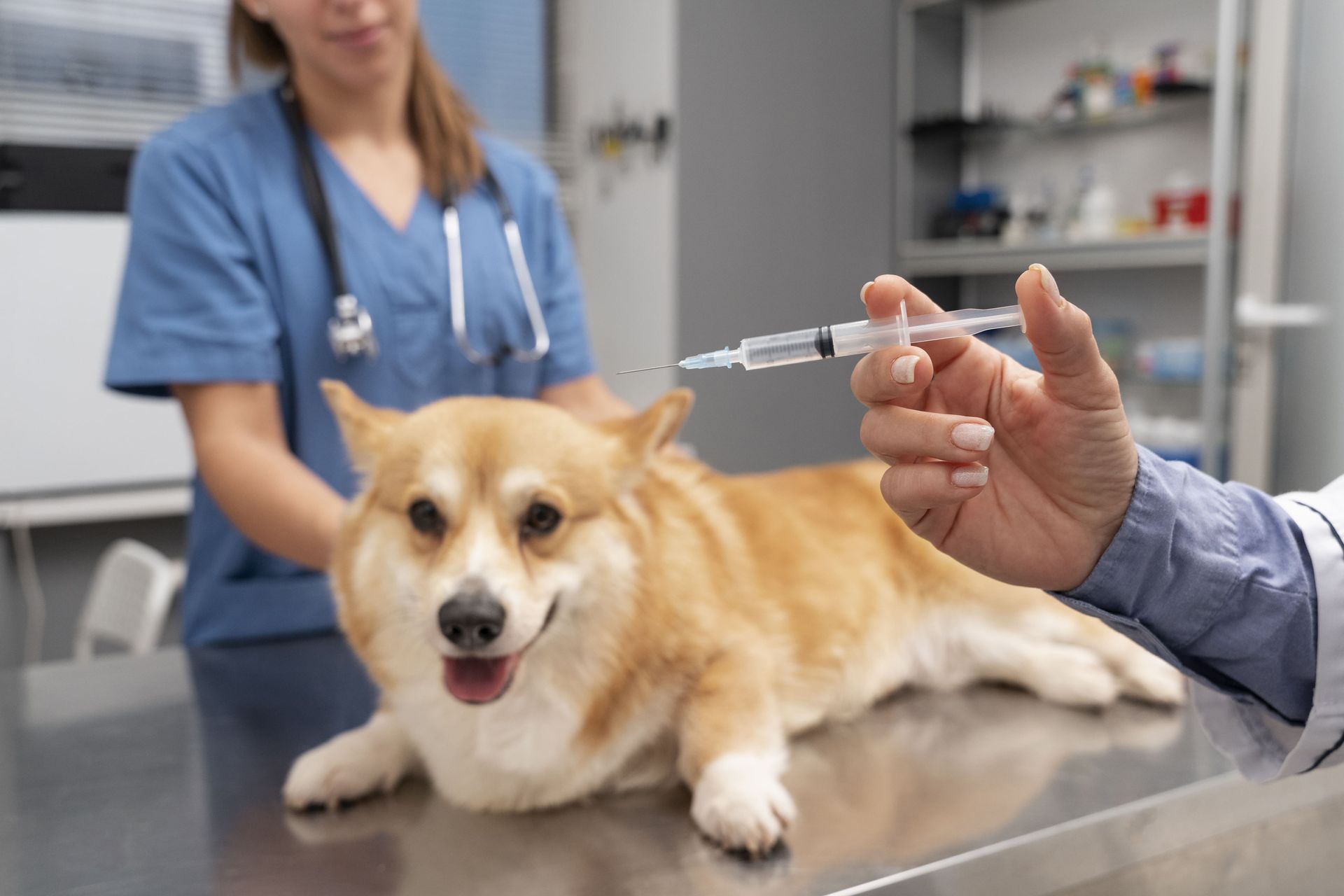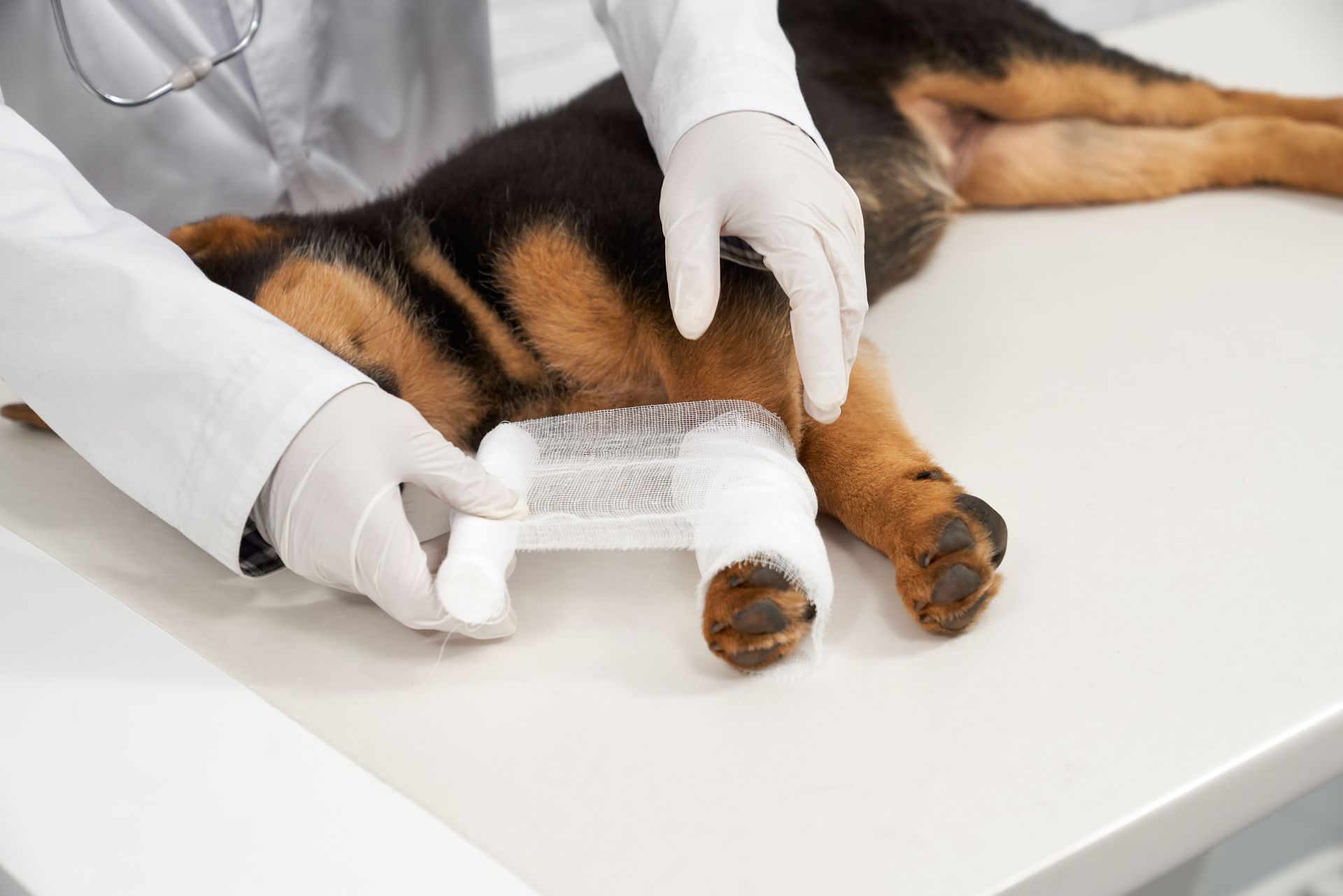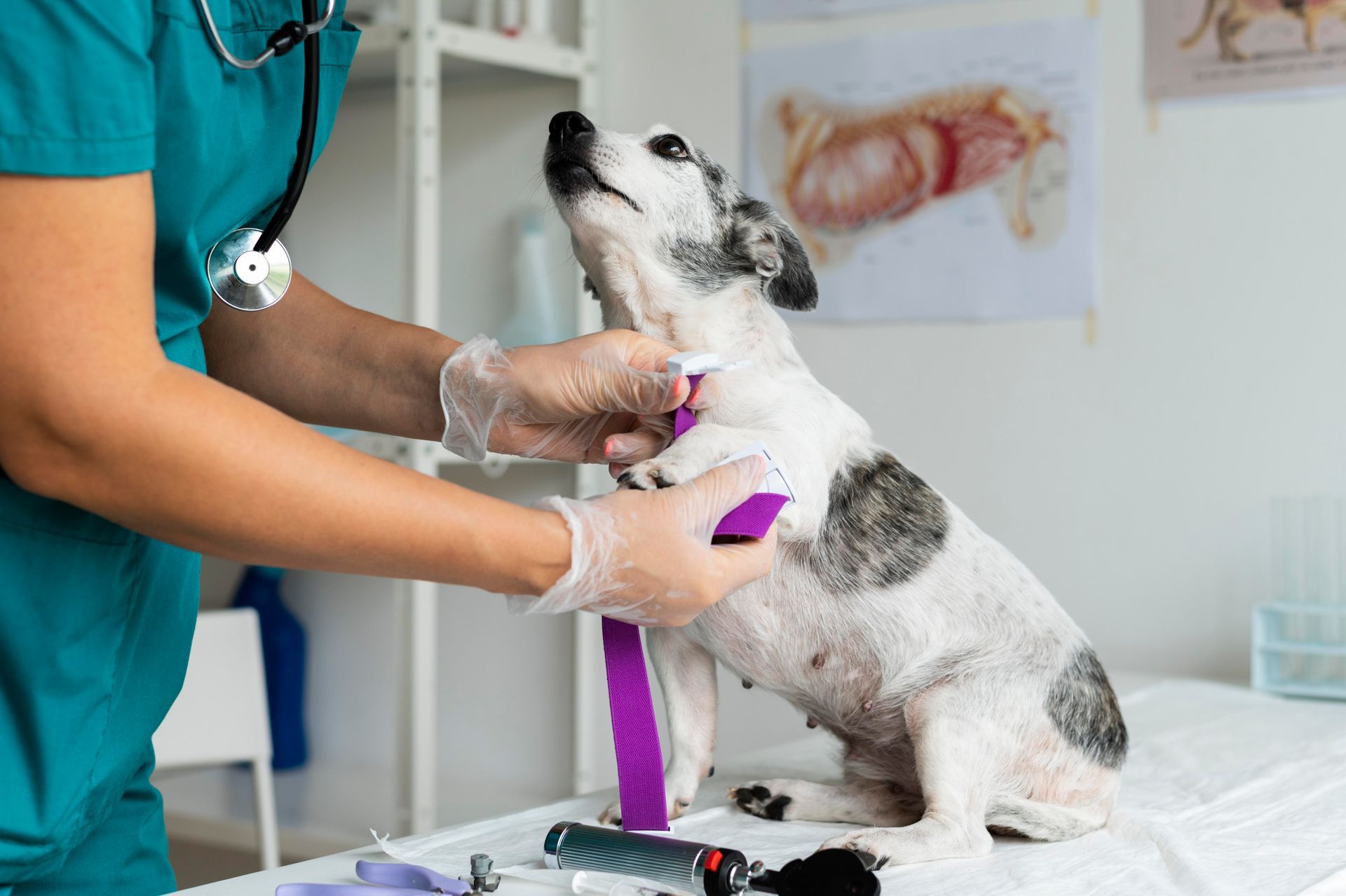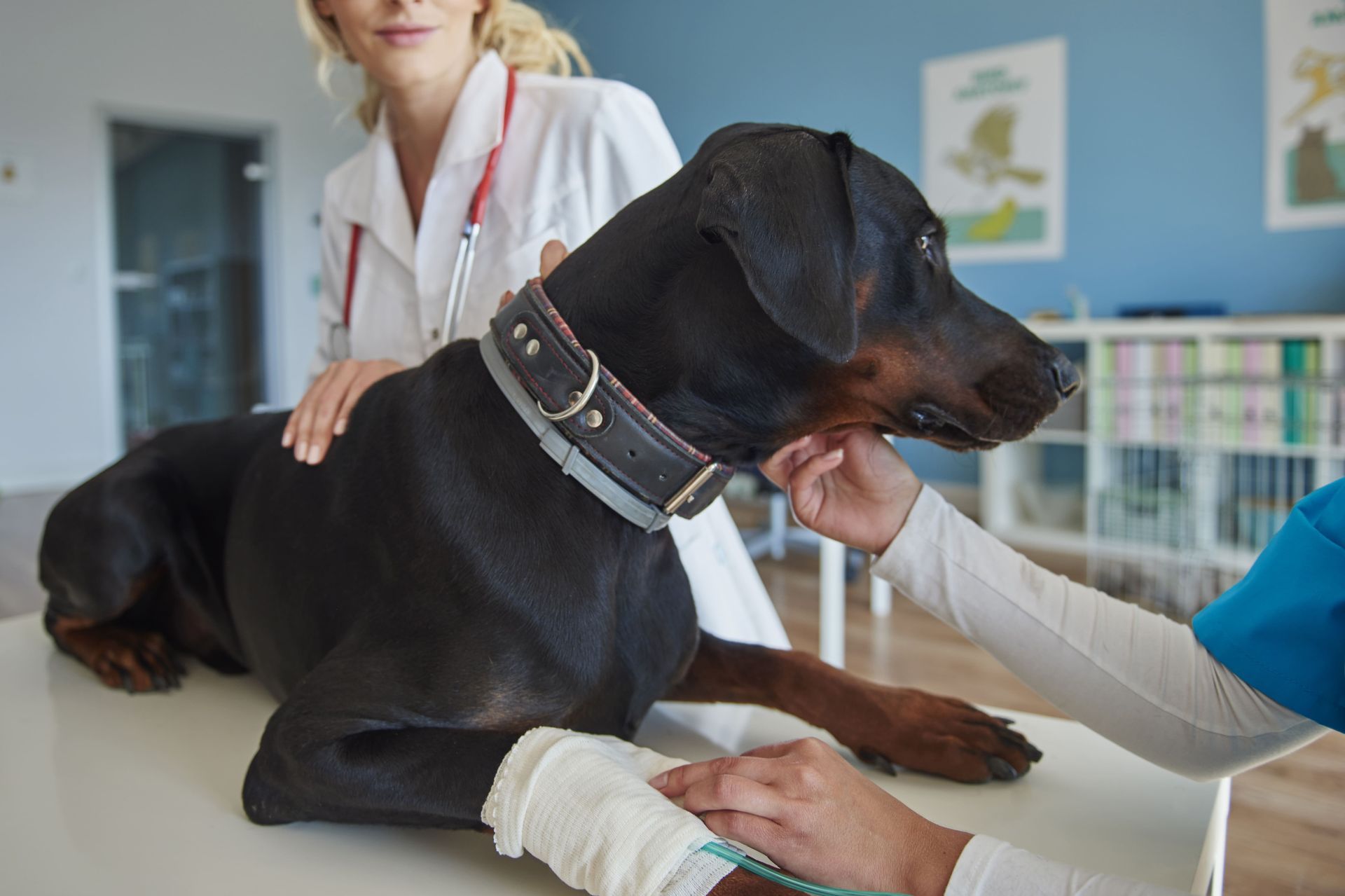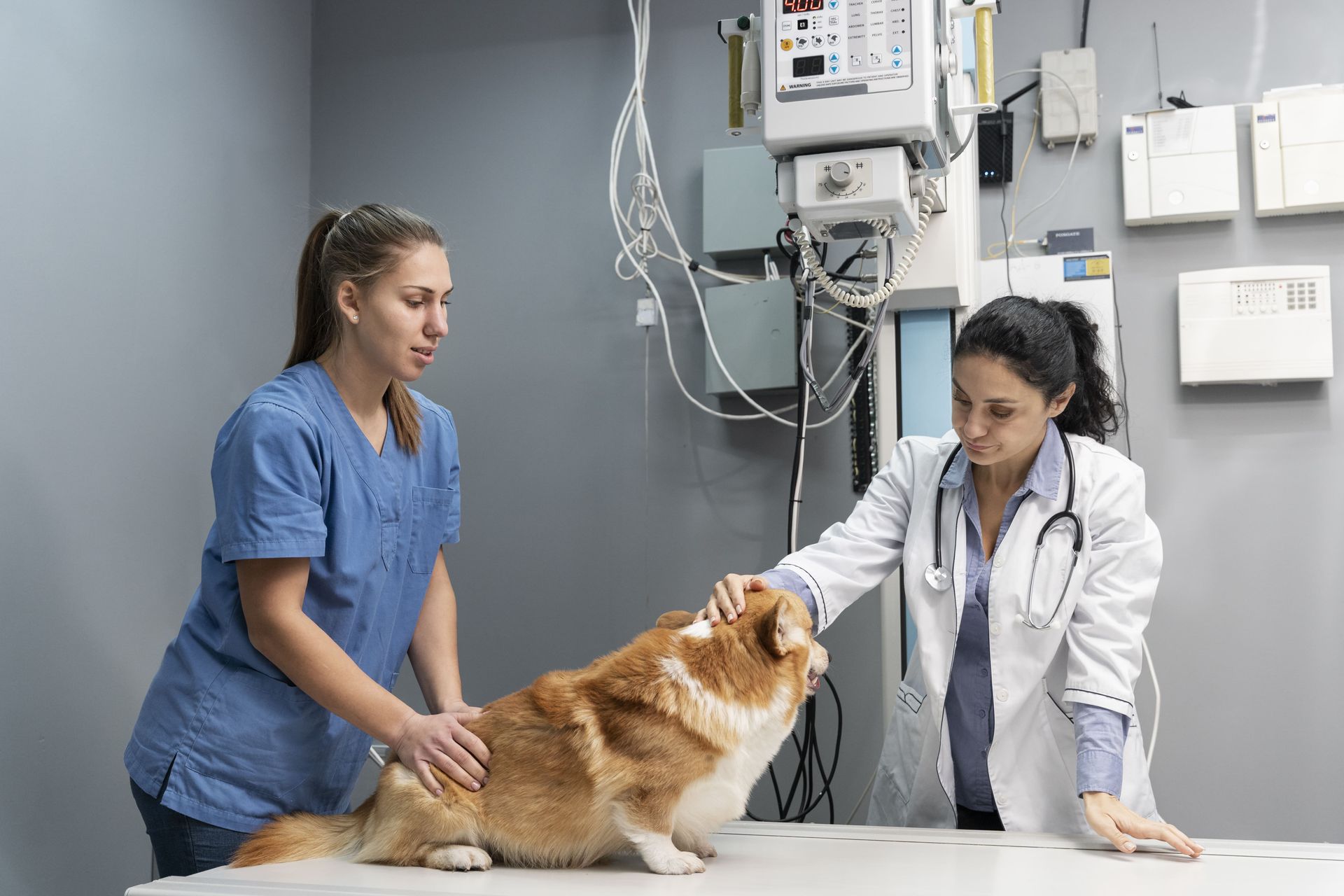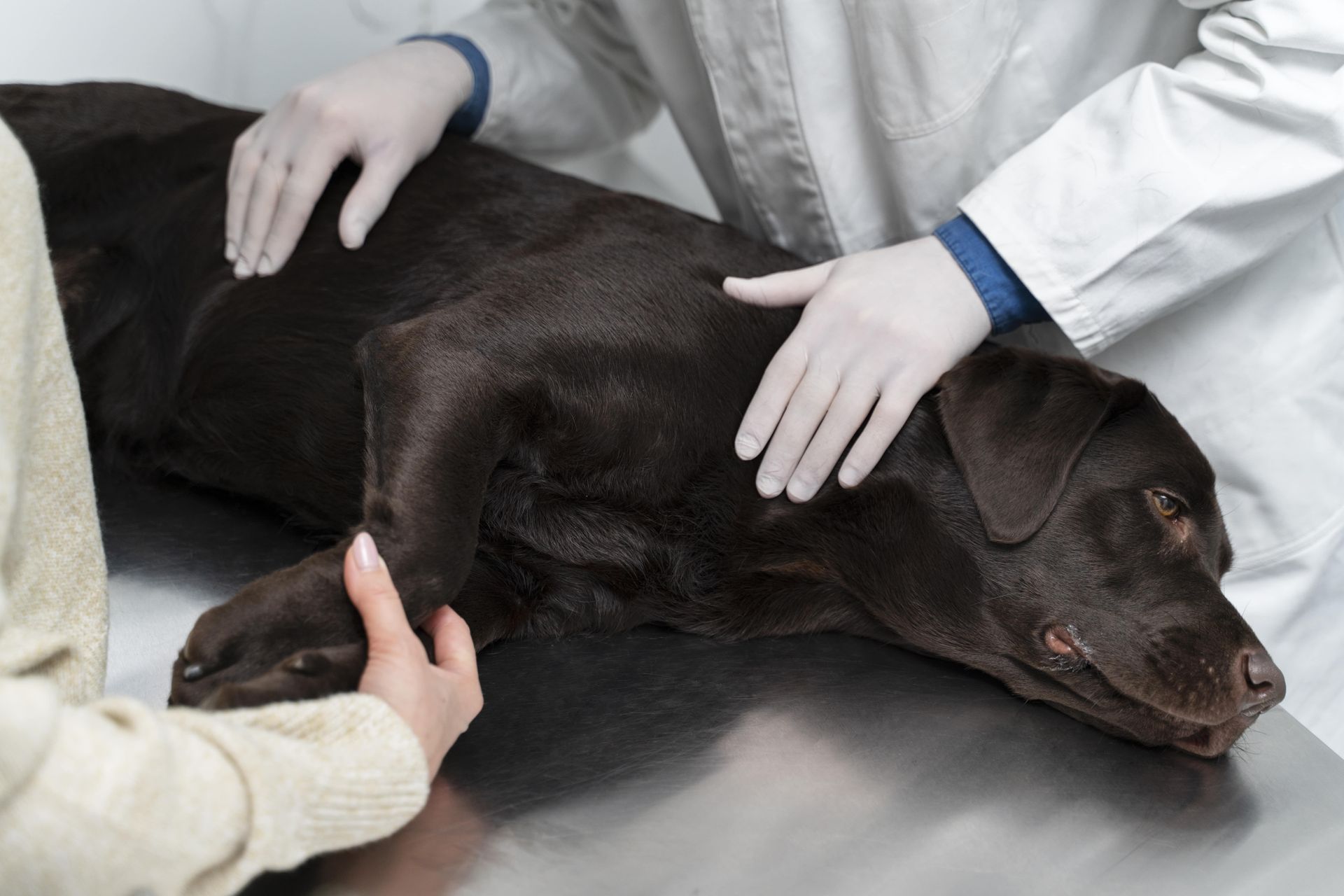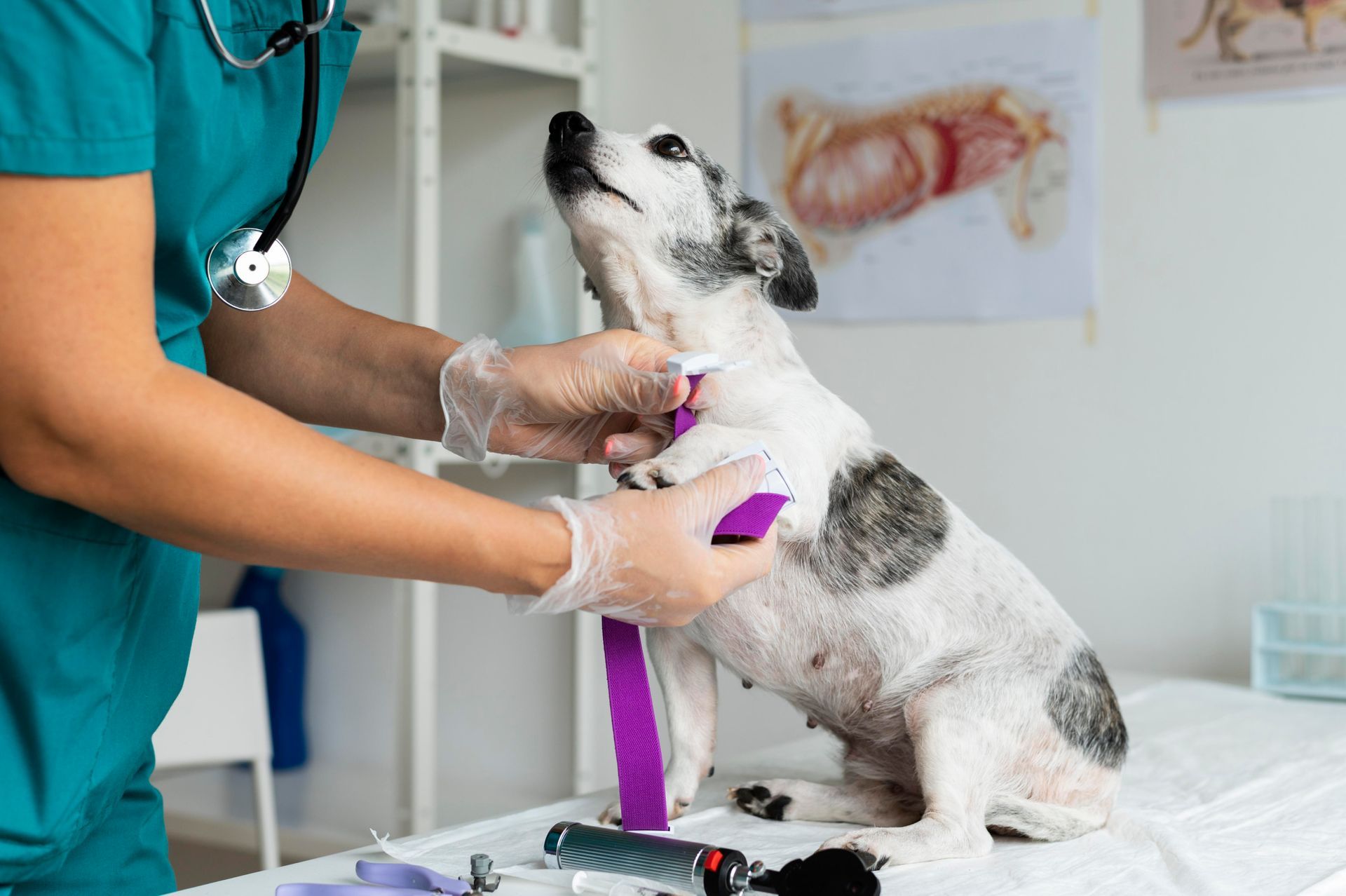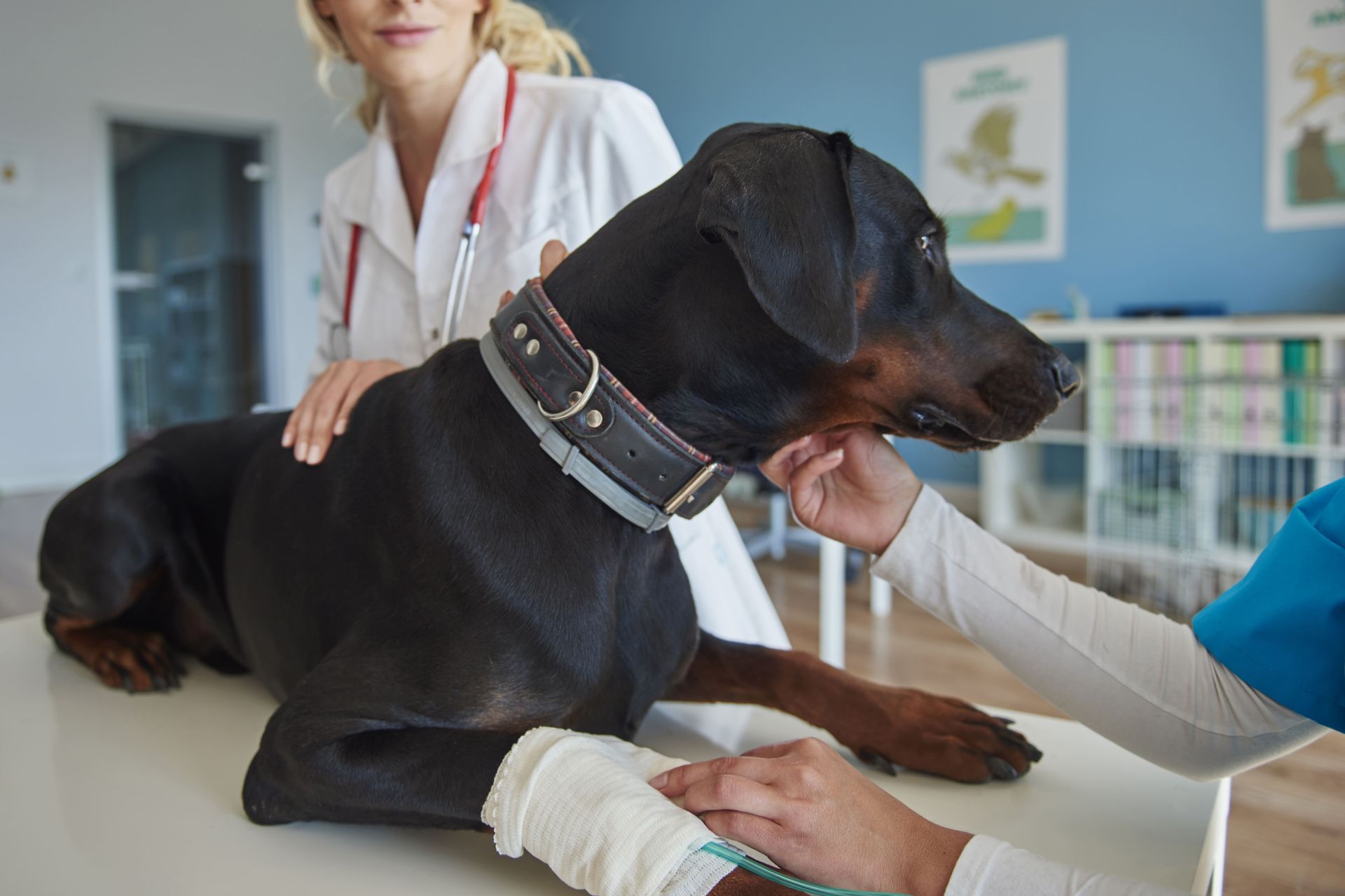Understanding Exotic Veterinarian Care: Why Consultant Attention Matters
In a world where pets come in all shapes, sizes, and species, traditional veterinary care may not always meet the unique needs of our exotic companions. Whether you're a proud owner of a speedy ferret, a majestic bird, or a slithering snake, understanding the importance of exotic pet care is crucial. Let's explore what makes exotic veterinarian care essential for your one-of-a-kind pet.
What is Exotic Veterinarian Care?
Exotic veterinarian care refers to medical treatment tailored for non-traditional pets like reptiles, birds, and small mammals. These animals often require knowledge and equipment due to their distinct biological and dietary needs.
Not all veterinarians have the training required to treat exotic creatures properly. It involves understanding the peculiarities of each species, such as the specific temperature, lighting, and diet each animal needs to thrive. Some reptiles, for instance, require specific heat gradients in their enclosures to properly digest their food and maintain health. Similarly, birds might need perches and toys to ensure their mental and physical well-being.
Imagine treating a chameleon like a cat—without an expert understanding, the result can be harmful. Exotic veterinarian professionals step in to fill this critical gap.
Exotic pets have evolved in environments vastly different from our typical domesticated dogs and cats. As a result, their nutritional, environmental, and medical needs can be vastly different. An exotic veterinarian can offer guidance on how to make your home a hospitable environment that resembles their natural habitat, reducing stress-related illnesses and longevity issues.
Why Consultant Care is Important.
Unlike dogs and cats, exotic pets often have unique health challenges. Consultant care equips veterinarians with the necessary skills to diagnose and treat conditions specific to your pet's species, ensuring they live a healthy and comfortable life.
For instance, avian medicine is a field dedicated to the health of pet birds. Birds often hide illnesses until they are critically ill, which means a vet is better prepared to spot subtle discrepancies in behavior or physiology. Similarly, the digestive systems of reptiles are unique and complex, requiring a Consultant understanding to treat issues like metabolic bone disease or dietary imbalances.
The value of a trained exotic veterinarian cannot be overstated—especially in emergencies or preventive care.
Consultant care isn't just about treatment—it's about prevention. Regular examinations from a knowledgeable exotic veterinarian can prevent minor issues from becoming major problems. For instance, simple changes in diet or light exposure for reptiles can prevent long-term health complications. Furthermore, a vet Consultant in exotic pets will have access to the latest research and medicine tailored for these unique animals.
Finding the Right Exotic Veterinarian
Choosing the right veterinarian is crucial for your pet's well-being. Look for professionals with specific training or experience in exotic animal medicine. Certifications and peer recommendations can also guide you in selecting a qualified expert.
When searching for an exotic veterinarian, it's important to consider their experience with your pet's particular species. Not every exotic vet will have experience with every exotic animal. Check for veterinarians who have completed Consultant training in reptile and amphibian care, or who regularly treat birds or small mammals. This expertise is crucial in emergencies when quick, knowledgeable decisions can make all the difference.
In addition to experien
ce, accessibility is important. Find a vet who is easily reachable and offers comprehensive services for your exotic pet. Some practices offer 24/7 emergency services, which can be lifesaving in urgent situations. A practice with a team approach ensures that even when your preferred exotic veterinarian is unavailable, another expert with access to your pet's history can step in.
What to Expect During a Visit
During a visit, an exotic veterinarian will perform physical exams, ask questions about diet and habitat, and may conduct Consultant tests. Building a relationship with your vet can lead to personalized recommendations and a better understanding of your pet's health needs.
Expect the examination to go beyond the typical pet health checkup. Unlike dogs or cats, the range of normal in exotic pets can be so wide that a physical exam might include scrutinizing the pet's weight, examining blood samples, and possibly conducting advanced imaging studies. Exotic pets often mask their symptoms, so vets use a more detailed approach to ensure comprehensive assessments.
An important part of the visit might be a detailed discussion on habitat and nutrition. Vets may provide insights about enclosure setup, lighting, humidity levels, and the types of food that should be included in your pet’s diet. If your exotic pet is exhibiting odd behaviors, your exotic veterinarian may explore changes in their environment or diet that could reduce stress or enhance physical health.
Caring for Your Exotic Pet at Home
While Consultant care is essential, daily at-home care also plays a vital role. Ensure your pet's habitat mimics their natural environment and provide a balanced diet specific to their species. Regular check-ups with an exotic veterinarian can help you adjust care strategies as needed.
For instance, dietary adjustments can prevent many common health issues in exotic pets. For herbivorous reptiles like tortoises, an incorrect balance of greens can lead to significant health issues. For birds, providing a varied diet that includes fruits, vegetables, and Consultant pellets can prevent nutritional deficiencies and prolong life.
Creating a stimulating environment at home is equally important. For birds, this may include providing a variety of toys and perching options to enrich their lives. Rodents and ferrets may need tunnels or wheels to ensure adequate physical activity and mental stimulation. Consistent, enriching interactions with your pet can prevent behavioral issues and strengthen your bond.
But even the best pet parent needs guidance. That’s where your trusted exotic veterinarian becomes your most valuable partner.
Your Exotic Pet Deserves the Best
Exotic veterinarian care ensures that your unique pet receives the attention it truly deserves. From understanding their distinct biology to helping you recreate their natural habitat, this Consultant approach is not just helpful—it’s essential.
By investing in proper care, choosing an experienced exotic veterinarian, and staying informed about your pet’s needs, you’re taking steps to give your companion a happier, healthier life. Remember, your exotic pet isn’t just a novelty—they’re family. And like any loved one, they deserve only the best.
Visit our homepage for more information on how we can assist with your exotic pet's needs, and take the first step toward giving them a lifetime of excellent care.
FAQs
Q-1. What animals are typically seen by an exotic veterinarian?
Ans: Exotic veterinarians often treat reptiles, amphibians, birds, ferrets, rabbits, guinea pigs, and even certain fish and invertebrates. Each has unique care requirements that general veterinarians may not be trained to handle.
Q-2. How often should I take my exotic pet to the vet?
Ans: It’s recommended to schedule a check-up with an exotic veterinarian at least once a year. However, more frequent visits may be necessary for young, elderly, or sick pets.
Q-3. How can I tell if an exotic veterinarian is qualified?
Ans: Look for board certifications, continuing education credentials, and experience treating your specific type of exotic pet. Reviews and referrals from other exotic pet owners can also be helpful.
Q-4. What should I bring to my exotic pet's vet appointment?
Ans: Bring a detailed record of your pet’s diet, habitat setup, recent behavior, and any concerns you’ve noticed. Photos of their enclosure and a sample of their food or droppings can also be useful for the veterinarian.

